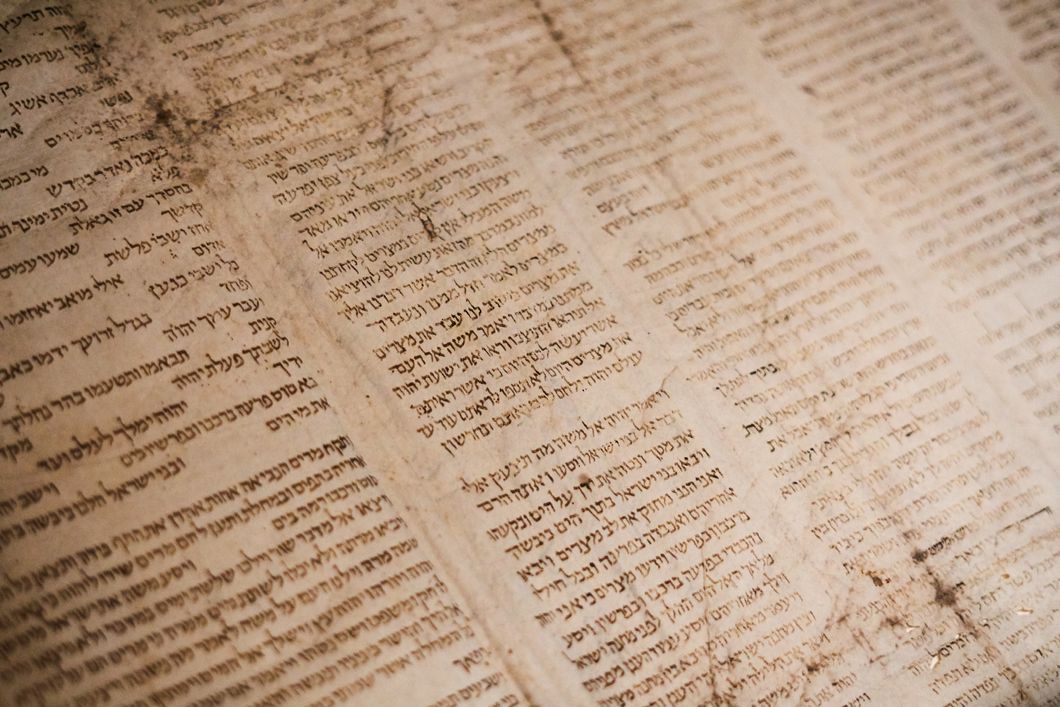My name is Jesse, and I'm Jewish. Here's what your Jewish friend wants you to know about Rosh HaShana, the upcoming Jewish new year.
1. As I said, it's the Jewish new year and it has a flexible date.
Like the rest of the Jewish calendar, it moves around relative to the Gregorian calendar. It starts the night of September 9th this year.
2. The spelling is sort-of standardized in English.
Rosh HaShana isn't as bad as Channukkah about this, but there are a couple variants.
3. Round challahs are traditional.
The normally linear bread is made round to symbolize the circular nature of the year.
4. Rosh HaShana and Yom Kippur are the High Holidays.
Considered some of the holiest days of the year, Rosh HaShana and Yom Kippur are what we're talking about when we say High Holidays. Yom Kippur is 10 days after Rosh HaShana.
5. Some people have fish heads at the table.
They represent the head of the year. I think it's gross.
6. It starts at night.
Like all Jewish holidays.
7. We use a ram's horns as part of a ritual.
We don't normally do a call to pray, but during the high holidays we have shofars (cleaned horns) which we use as part of the service.
8. The appropriate way of well-wishing is simple, but there are options.
"Chag Sameach" works for any Jewish holiday (Happy holiday, basically) or Happy Rosh HaShana is fine. "Shana Tova," which means good year, also works.
9. It's a feasting holiday.
If you know anything about Jewish holidays, this is not a surprise. We eat apples and honey (among other sweet foods) for a sweet new year.
10. Rosh HaShana is Hebrew for "Head Of The Year."
11. It's a time of reflection/forgiveness.
Before Yom Kippur, but particularly between Rosh HaShana and Yom Kippur, Jews ask forgiveness from each to go into the new year on a clean slate.
12. Many of us literally throw our sins away.
In a ceremony called Tashlich (spelling varies), bits of bread are tossed into the water while prayers are said. The idea is that the sins are carried away with the bread.
13. Many Jews go to synagogue or don't work on the High Holidays, even if they're not otherwise religious.
Given the importance of the High Holidays, many otherwise non-observant Jews will refrain from work and/or attend services.
There's more to the holiday of course, but those are just some quick tips from your local neighborhood Semite!

















